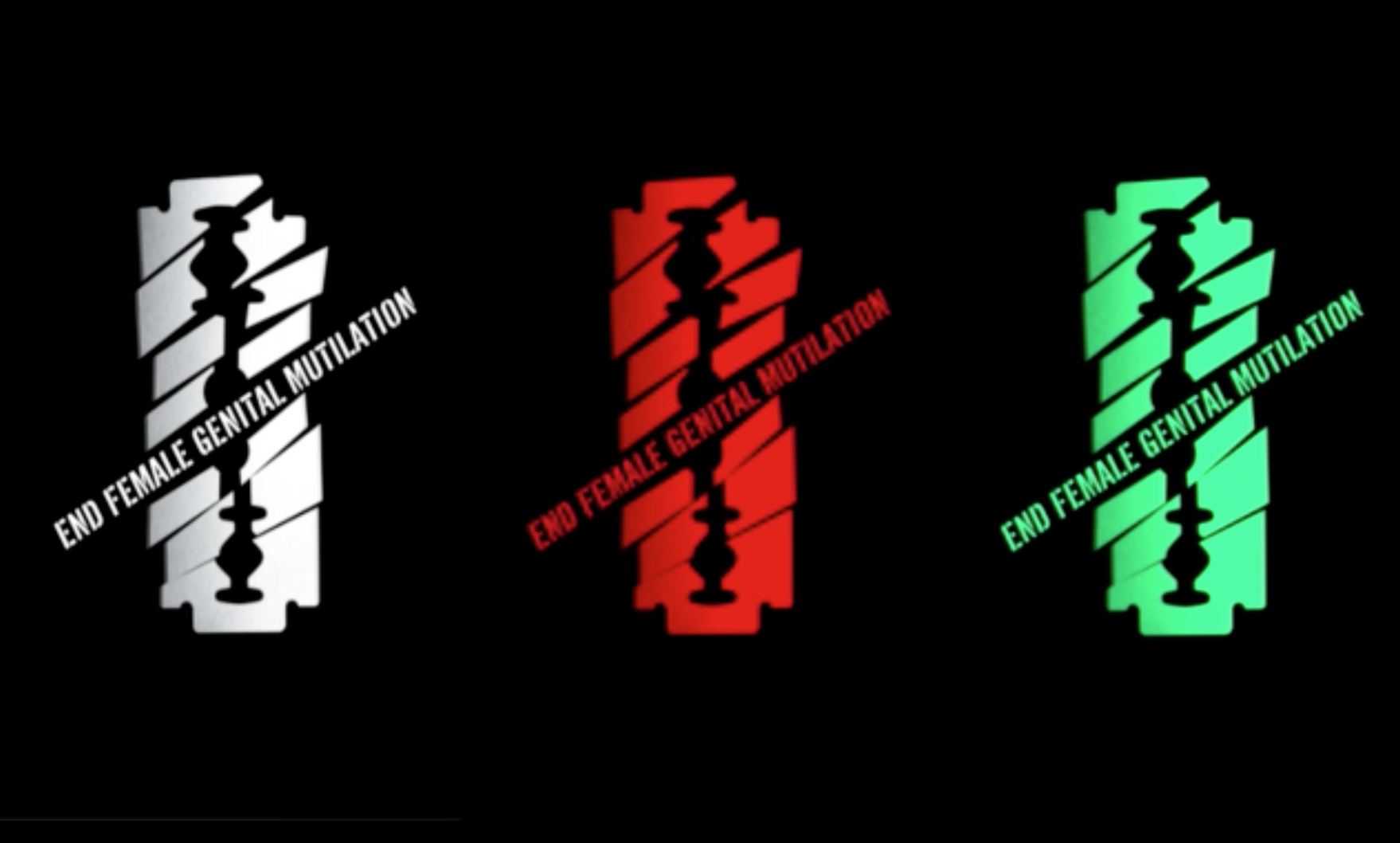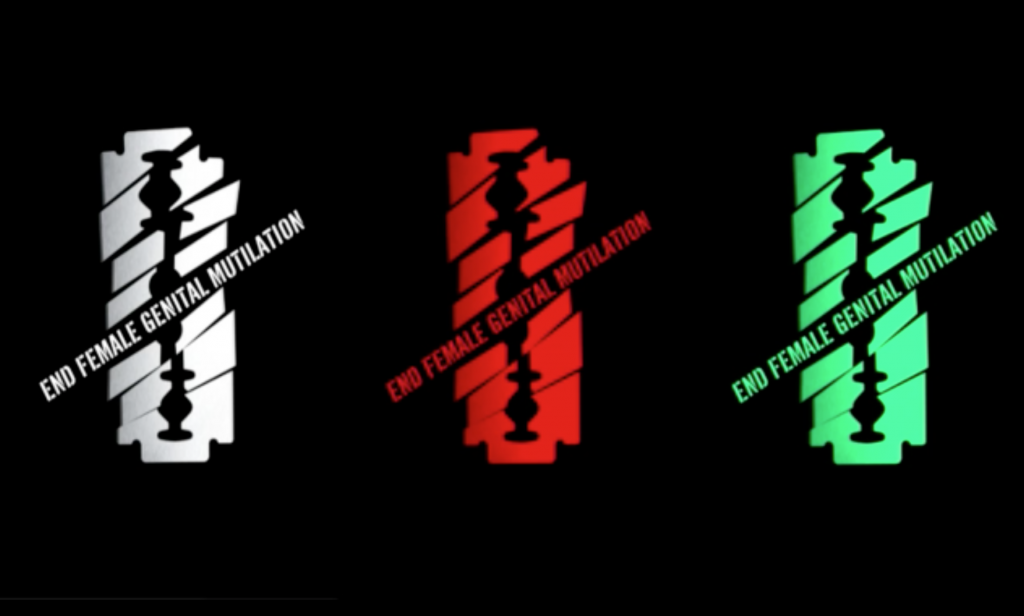“It’s normal pain. Just like a knife cut which many people especially women once in a while encounter while preparing a meal.”

This is how Ms Joan Cherop (not real name), 23, a candidate of female genital mutilation (FGM) candidate described the cultural practice, which, according to Ugandan laws is illegal.
In 2010 Parliament enacted the FGM law in Uganda that outlawed the practice. Despite the law, FGM campaigners, have devised means to practice the rite in secrecy.
A fortnight ago, dozens of women and girls were clandestinely circumcised sending shock waves amongst Ugandans, government officials, security forces and human rights activists who have been advocating against the practice in Sebei region.
Seventeen people, were on January 23, remanded until February 6, for participating and abetting the crime, among other charges.
The tough penalties imposed on those convicted under the FGM law, it seems, have not scared the communities who still practice the rite.
A convict faces life imprisonment if the cut results in death, disability or infection with HIV/Aids. And anyone who assists or takes part in the practice in anyway is liable, upon conviction, to a prison term of up to five years.
But the community, which has resorted to clandestine methods to keep the fire FGM fire burning, seems to be determined-for now.
“You are not a real woman until when you are circumcised,” Ms Cherop said at Benet West village, Kwosir Sub-county in Kween District last week. “My parents will not allow me marry a man who is not a Sabiny and most men here prefer marrying circumcised women.”
Her stance sums up how deep the culture of circumcising women is deeply rooted in Sebei sub-region.
The region mainly covers the districts of Kapchorwa, Bukwo and Kween districts.
Ms Cherop is not alone.
Ms Susan Charangat (not real name), believes what elders and other opinion leaders in this closely knit society that a woman who shuns the knife is inviting curses and all kinds of misfortune to herself.
“I am ready for the knife,” she says. “My father has promised to give me land and my boyfriend has promised to marry me after being circumcised. No woman who is circumcised can fail to get married.”
The daring young women recently completed a one-week mentorship session that was conducted by Ms Charlene Kokop (not real), an elderly woman, who has mentored hundreds of FGM candidates for the last 10 years.
The mentorship is done covertly.
She is a member of a clan that is culturally responsible for mentoring uncircumcised women to psychologically prepare them for the cut.
Ms Kokop is paid Shs50, 000 to mentor each FGM candidate.
Ms Kokop says she is bothered that she is engaging in an illegal activity.
“The practice was started by our forefathers. It’s our culture. That’s how we initiate girls into womanhood,” she says.
The reasonable economic reward for mentors, is perhaps one of the reasons why there is a resurgence of risky practice.
The surgeons, according to Ms Kokop, are also handsomely rewarded.
And the feasting and merrymaking plus the financial and material gifts that are given to those who stand the excruciating pain, have kept the practice alive in a closed community.
A woman who was not circumcised faces ridicule on a daily basis at home, at water points and even when her boy children are being circumcised, as a rite of initiation into manhood, she will not perform specific rituals only reserved for the mother.
She is also not allowed to milk cows, pick food from the granary, or cow dung from the kraal.
According to the Uganda Demographic and Health Survey (2011), the FGM prevalence in Uganda stood at 1.4 per cent.
Although the procedure has no medical benefit, it can leave women with a lifetime of consequences. Women can face infections, a lack of sexual desire and difficulties in passing urine and faeces, studies have shown. In the long term, they often report chronic pain and are significantly more likely to face life-threatening complications during childbirth such as Caesarean sections and haemorrhaging after birth, according to a 2006 study conducted in six countries and published in The Lancet medical journal.
In Uganda, the practice is common among the Sabiny in Kapchorwa, Bukwo and Kween districts as well as the Pokot, Tepeth and Kadam in Nakapiripirit and Amudat districts.
Mr Rogers Taitika, the Sebei Region Spokesperson says police treats FGM as a crime and they are not ready to relent.
“Some people think it’s their right to practice a culture practice which is outdated and causing a lot of pain and suffering on women,” he said. “We need to be human. As police, we shall not relent.”
As part of the tradition, women undergo surgery on their genitals, for instance, to prick, pierce or remove either parts or the entirety of the labia and clitoris — the organ responsible for sexual pleasure in most women.
But, as in many countries, legislation alone cannot disband centuries of custom and ritual.
Practice reducing
Mr David Okello, the Cluster Coordinator of Action Aid Uganda, an agency that is crusading against FGM and other cultural practices that promote violence against women says their efforts have reduced the practice and this is one of the reasons why the practice is carried out clandestinely.
“We have heard incidences that FGM candidates are taken to forests and some across the border in Kenya to hid from law enforcers, “he said. “However, we continue to fight the practice through sensitising people and rehabilitating FGM victims.”
He said their programmes are emphasizing the health implications of FGM as well as providing comprehensive legal, medical support and counselling services to victims.
Such cased are handled at the agency’s Gender Based Violence Shelter in the region.
Mr Okello says lack of skills and financial support to help vulnerable women has been an excuse by proponents of FGM.
He said that argument is weak because once government and civil society pray their role, parents and community leaders have to pray their part to empower women.
The government constructed Kwosir Girls School mainly to encourage women attain education and discard practices like FGM.
Some residents say that once the girls complete Ordinary Level and fail to proceed to Advanced Level or vocational schools, they are again exposed to close-minded cultural norms in society.
Frustrated and hopeless, they are convinced by elders, peers and culturists that their only hope is marriage, which in most cases, exposes them to practices like FGM.
Lay of hope
Mr Stephen Swatei, 69, says the focus against FGM should emphasise education and changing the mindset of men.
“Decades ago, I married a circumcised woman because the practice was very deep in our culture,” he says. “However, all my three daughters who are married in our community are not circumcised and their husbands who are Sebei tribe mates, have never advised them to face the knife,” he says.
He attributes his stand and that of his in-laws to education.
“Our people need to be educated and sensitised to embrace modernity which has come,” he said, at Benet West, Kwosir Sub-county in Kween District.

